NHS Tayside are looking for newly diagnosed type 2 diabetics to try a new programme which could get their condition into remission.
The health board is about to start a roll-out working with local people to make changes that bring amazing results.
Using findings from a recent Scottish trial into how weight loss can help reduce or even prevent type 2, it’s an innovative step.
And on World Diabetes Day, we talk to Dr George Thom, programme manager in the Public Health team for the type 2 diabetes framework.
He tells us how the new remission programme will benefit local people, and the NHS.
Dr Thom explains that diabetes – both type 1 and type 2 – is a big issue for the NHS.
It’s currently costing the NHS around £10 billion pounds a year to treat, often because of the health problems people run into after diagnosis.
Some 90% of people who have diabetes have type 2 and it’s now such a common condition it affects approximately one in 10 adults over the age of 40.
Dr Thom adds: “As well as the costs for the NHS, there’s also the huge personal cost to individuals who have diabetes, in terms of both quality and quantity of life.
“But it is no longer accurate to say type 2 diabetes is a permanent condition.
“Because research has shown it’s possible to get diabetes into remission, with chances highest in the early years after diagnosis.”
Remission of type 2 is possible
Although reversal or remission of type 2 is still a new concept to some, a recent trial has shown it’s possible.
Research had previously shown that weight loss in patients of 30 to 40kg in people having gastric band and bypass surgery could lead to them getting their type 2 diabetes into remission.
The research team, including Dr Thom, carried out the DiRECT trial at Glasgow University, to see if the same results could be achieved with a structured weight loss programme.
They also wanted to find out if it could be delivered through primary care where diabetes is mainly treated – so people with diabetes could be supported by nurses and dietitians instead of specialist clinicians.
What did they do in the programme?
People who took part underwent a 12-week programme where they initially replaced food with nutritionally complete meal replacements.
They had a target weight loss of 15kg.
Food was then gradually reintroduced with help and support from nurses and dietitians for up to a year.
Dr Thom explains the results were impressive.
“Over 12 months, nearly half of those who enrolled in the programme were able to reverse their diabetes.
“The average weight loss was 10kg.
“By two years, the majority were still in remission.
“Many were able to come off their medications and many achieved normal glucose control.”
New for Tayside diabetics
Dr Thom says they’re now looking for Tayside diabetics to come forward for referral.
“It’s exciting to roll out this programme, and it will give people the opportunity to gain control of their health.
“We need to treat type 2 diabetes more seriously. This is a serious treatment for a serious condition.
“And we want people to know that they can do it.
“A lot of people on the trial didn’t think they’d be able to, but they surprised themselves.”
Who can take part?
People who have been diagnosed with type 2 in the last three years.
“We want them to ask their GP or practice nurse and ask to be referred to the Diabetes Remission Programme, available through the Tayside Adult Weight Management Service,” Dr Thom adds.
“We are focusing on people who are recently diagnosed at the moment.
“That’s because the research points to remission being more likely in the first few years following diagnosis.”
Other services for diabetics
The remission programme complements the other help and support available for diabetics.
That includes a a digital structured education and lifestyle support programme delivered in partnership with a company called Oviva, which diabetics can self refer to through posts made weekly on the NHS Tayside Facebook page.
And prevention work is also ongoing, as well as type 2 diabetes testing planned at community pharmacies and other locations to detect the condition sooner.
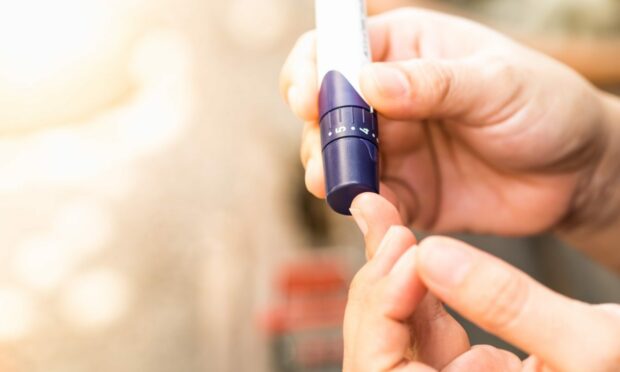
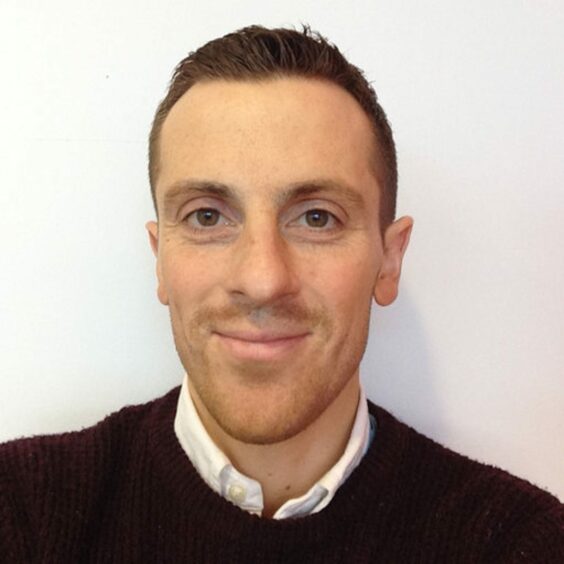
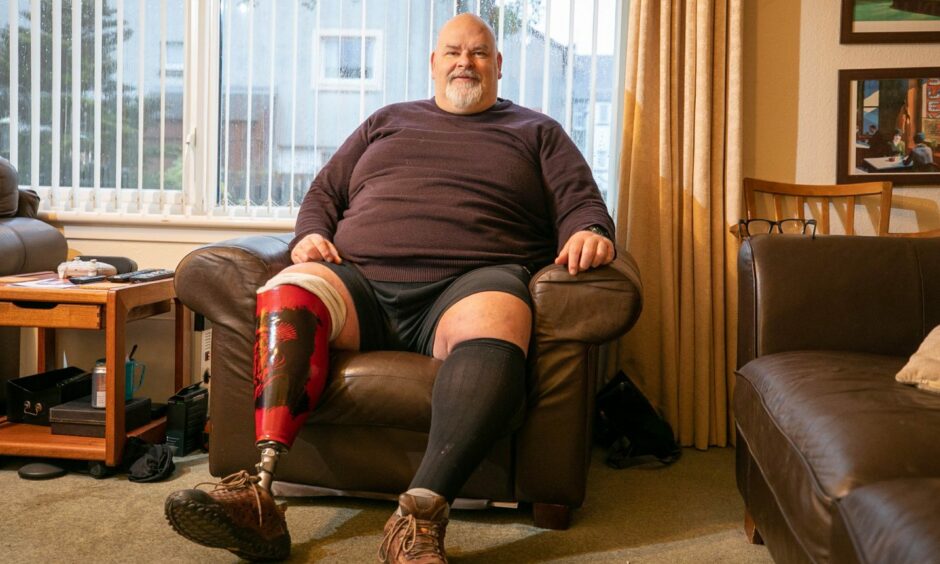
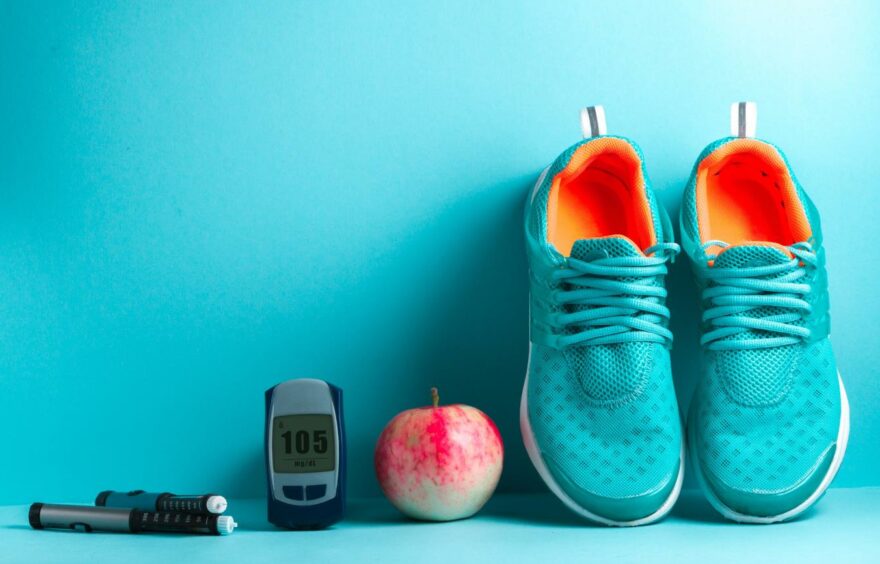
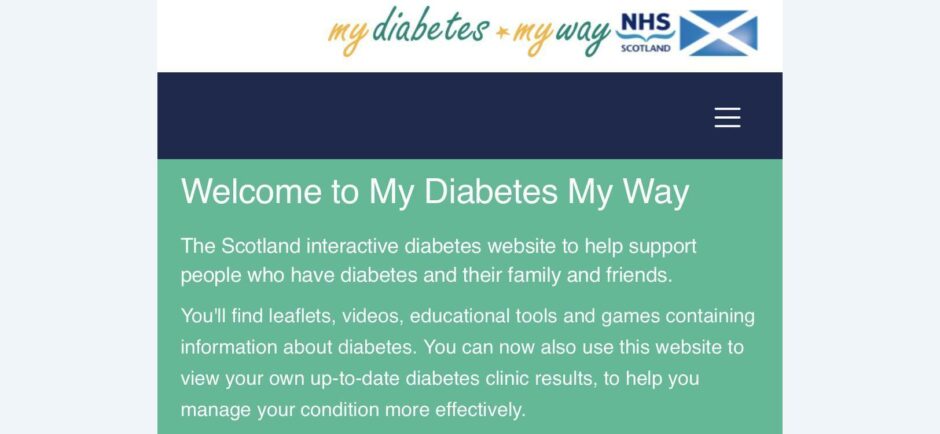


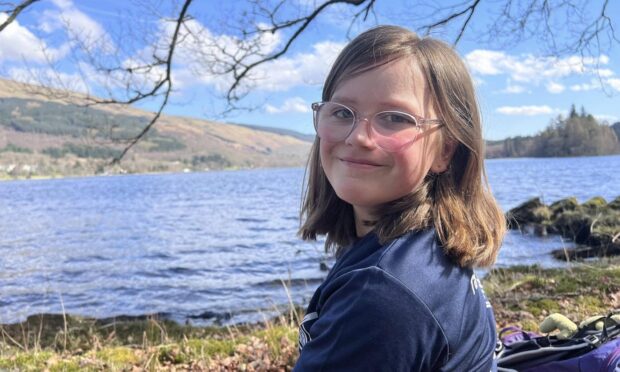
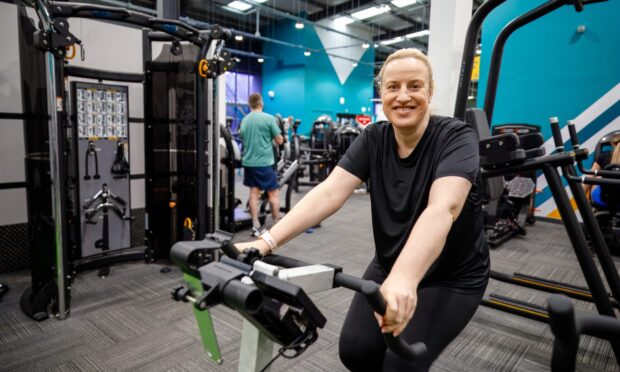




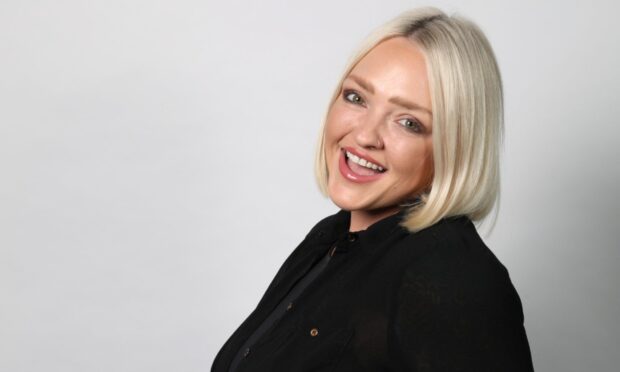

Conversation